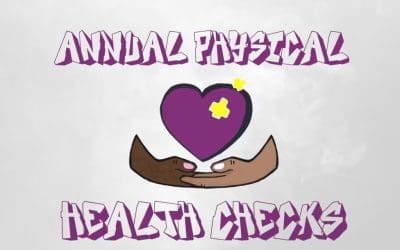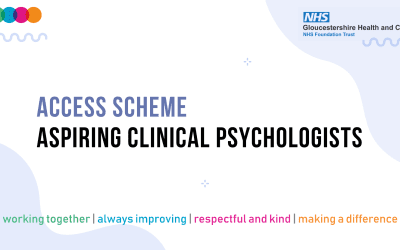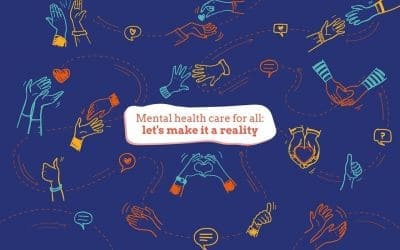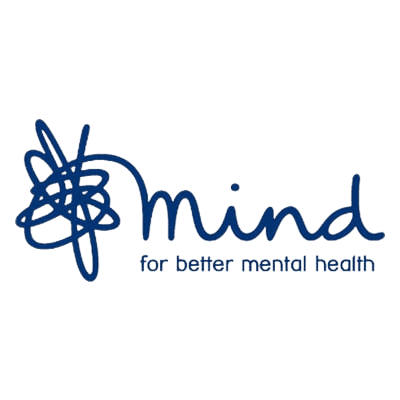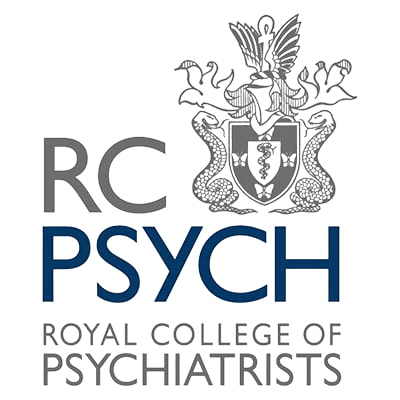Services
Personality Disorders
If you think you may have a personality disorder or already have a diagnosis, we can help. Find out more about the services we offer below.
What is a personality disorder?
Each person’s personality has a number of different aspects. We all have parts of our personality that can cause us problems in situations such as relationships. The level of difficulty can range from mild to more severe.
At the more severe end, there is significant distress or difficulty in a number of different aspects of someone’s life and these may be longstanding. It is this level of difficulty that can be termed a ‘disorder’.
There may also be other mental health issues present such as depression, anxiety or eating disorders.
Personality disorders are conditions in which an individual differs significantly from an average person in terms of how they think, perceive, feel or relate to others.
Changes in how a person feels and distorted beliefs about other people can lead to odd behaviour, which can be distressing and may upset others.
Common features include:
- being overwhelmed by negative feelings such as distress, anxiety, worthlessness or anger
- avoiding other people and feeling empty and emotionally disconnected
- difficulty managing negative feelings without self-harming (for example, abusing drugs and alcohol, or taking overdoses) or, in rare cases, threatening other people
- odd behaviour
- difficulty maintaining stable and close relationships, especially with partners, children and professional carers
- sometimes, periods of losing contact with reality
Symptoms typically get worse with stress. People with personality disorders often experience other mental health problems, especially depression and substance misuse.
Getting help
If your mood is affecting your daily life, you should seek help as soon as possible.
You should visit your GP. If your GP agrees they will refer you to services so you can be assessed and appropriate help considered.
Treatments for personality disorders
We offer a wide range of services for a wide range of mental health issues. We try to match people to the services that will be most helpful to them. There is a useful national document that talks about personality disorders and things that might be helpful. The link is below, please be aware that not all services described are available at GHC.
You can learn more about types of personality disorders and treatments available here
Our teams and services
Where to find us, and which services can help you.
We have many services and locations. If you are looking for addresses and telephone numbers of our teams and services you can find them here
Information for professionals
Notes on services, contacts and treatments for healthcare professionals.
Referral information for Gloucestershire GPs and Healthcare Practitioners
Referrals can be made using the same mechanisms as other services.
News
News stories linked to personality disorders or related conditions
Health Checks for People with Serious Mental Illnesses (SMI)
If you are aged 18 or over and have been diagnosed with a serious mental illness such as bipolar...
Access scheme for aspiring clinical psychologists from under-represented backgrounds
As part of our ongoing commitment to addressing issues of diversity and inclusion within the...
World Mental Health Day – 10 October
World Mental Health Day is led annually by the World Health Organisation, and is aimed at raising awareness of mental health issues.

